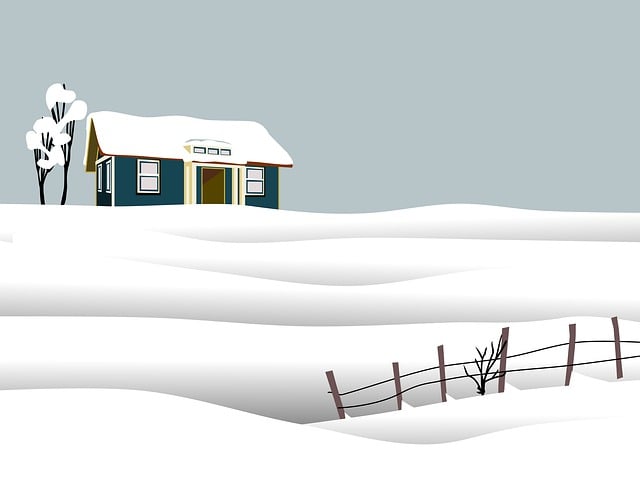If you’re looking to purchase a house, there are many different reasons to do it. The biggest advantage of purchasing is that it is much cheaper than renting. You also get a huge amount of flexibility when it comes to what you can and can’t do with your home.
Having money set aside for emergencies
Having money set aside for emergencies is a good idea. This can be for unexpected medical bills, house repairs, or even lost income. It may even help you keep your credit in good standing.
An emergency savings fund should be accessible and can be replenished as quickly as possible. However, this can be a daunting task. You can start by setting aside small amounts, and then building up your stash over time.
The best place to put your emergency savings is a high-yield savings account. These should offer the highest rate of interest, and will allow you to access your funds quickly.
Ideally, you should aim for a three- to six-month supply of emergency savings. However, the right amount will vary according to your income and lifestyle. Some people will need more, while others will do fine with less.
The best way to calculate how much you should have in your emergency savings is to create a budget. Use the same approach you would use for other expenses. Creating a budget will also help you distribute your income more effectively.
If you can’t afford to set aside a large sum of money, you may want to consider a prepaid card. Prepaid cards aren’t tied to your bank accounts, so you can spend only the amount you loaded onto the card.
Breaking a lease can be a feasible option
If you are looking to buy a house and stop renting, breaking a lease may be a viable option. However, you should do your homework before you begin. You will need to know how to break a lease legally without paying a penalty.
If you are moving out before the end of your lease, you will need to notify your landlord in writing. The sooner you let your landlord know, the better. It will also help to gather all of your rental contracts, receipts, and other relevant paperwork.
You will want to keep your credit report clean, and the sooner you can start shopping for a new place, the better. If you have been caught with a broken lease on your record, you may have a hard time getting a loan or a credit card.
Your landlord may be willing to give you a temporary extension or convert the lease to a month-to-month agreement. This will allow you to pay a lower rent. Some landlords also allow you to break your lease before the end of the term.
If you want to break your lease, you will need to get a court order. In some cases, you will also need to pay a fee. Before you go to court, make sure you have a solution that will work for you.
Buying a house and selling it can be cheaper than renting
Many people think renting is cheaper than buying a house, but the truth is it depends on your personal circumstances. This means you need to be careful in making your decision. Luckily, there are some pros and cons that will make it easier to figure out the right type of housing for you.
Buying a home is a big commitment. It requires monthly payments, property taxes, and insurance. Besides the cost of owning, you also have to pay for a mortgage.
You also have to factor in moving costs and renovations. The upfront costs aren’t cheap, but they can be worth it in the long run. If you’re paying off debt, it’s better to buy than rent.
One of the most exciting parts of owning is that you can customize your home. While you can buy a pre-existing home, you can also choose to have one built from the ground up.
In addition to building equity, owning a home offers several other benefits. These include the opportunity to build wealth, enjoy a sense of stability, and have a place to call home.
Having a place to call home is a major draw, especially in a neighborhood where you can be friends with people in your same community. Plus, owning a house can provide a tax break.
